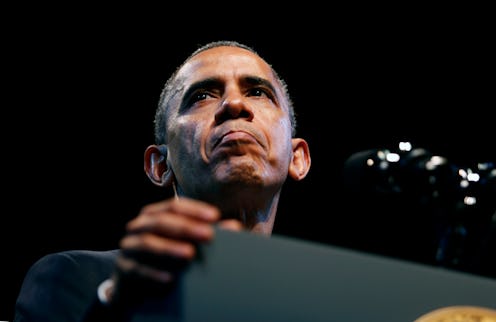News
NSA Tracks Millions of Cell Phones
New revelations from documents leaked by former National Security Agency contractor Edward Snowden show that the U.S. government track over five billion cell phones abroad daily, including some of those of U.S. citizens. Intelligence officials confirmed the gathering of this information to the Washington Post, and the information may allow them to map interpersonal relationships to an unprecedented extent. Good thing we warned you about it in yesterday's privacy post.
The program isn't set up to collect location data on American phones, but it still happens incidentally. (In this case, "incidentally" means as a "foreseeable but not deliberate result.") And, the NSA gets millions of records of Americans who travel abroad each year.
All this information is obtained when the NSA taps into global mobile networks. The amount of information gathered through this program may make it the largest of the NSA's surveillance programs, since — in addition to the sheer scope of information gathered — it allows analysts to retrace the movements of individual cell phones. Collecting the information in bulk, it says, also allows it to zero in on possible associates of surveillance targets.
Location data allows analysts to determine where an individual works and sleeps, and what his or her favorite lunch spots are. Cell phones emit this data even when they're not being used for communications purposes. "One of the key components of location data, and why it’s so sensitive, is that the laws of physics don’t let you keep it private," said Chris Soghoian of the American Civil Liberties Union.
Some estimates say the NSA has over 27 terabytes in tracking data, which is roughly double the print content of the Library of Congress. This again gets at the core question surrounding the NSA's vast surveillance programs: whether the government can collect sensitive private data on millions (or billions) of harmless individuals to zero in on a few legitimate threats.
"The government should be targeting its surveillance at those suspected of wrongdoing, not assembling massive associational databases that by their very nature record the movements of a huge number of innocent people," said ACLU staff attorney Catherine Crump.
